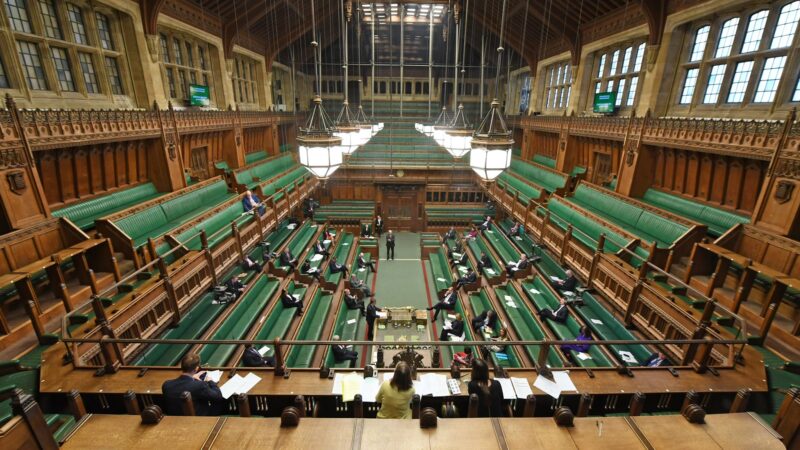
Labour has described as “shameful” the government decision to vote down fire safety bill amendments that would have banned leaseholders from bearing remediation costs and required implementation of the Grenfell inquiry recommendations.
Commenting after MPs considered the Lords’ amendments this evening, policing and fire services shadow minister Sarah Jones said the government has “continued in its failure to act and put the British public’s safety first”.
By 340 votes against to 225 in favour, MPs rejected amendment four, which would have prohibited the owner of a building from passing on any remediation costs to leaseholders and tenants by either a one-off payment or in service charges.
By 345 votes to 226, MPs voted down amendment two on the inquiry recommendations, which the government committed to implementing “as soon as possible” when the report was published over a year ago in October 2019.
“This was an opportunity for the government to do the right thing, instead they have broken their promise to protect leaseholders and implement recommendations from the phase one Grenfell inquiry,” Jones said.
“It is shameful that they have voted against implementing vital fire safety measures called for by the Grenfell inquiry, and it is an insult to people across the country that this government voted down protections for leaseholders from fire safety costs that they did not cause.”
The amendment requiring the implementation of the Grenfell inquiry phase one report recommendations was originally tabled by Labour when the proposed law first passed through the Commons, but was rejected at the time by the government.
The report on the first stage of the inquiry into the Grenfell fire, published in October 2019, said the programme to withdraw the aluminium composite material (ACM) cladding from buildings “should be pursued as vigorously as possible”.
Labour used an opposition day motion earlier this month to call on the government to establish the extent of dangerous cladding, provide upfront funding for remediation and protect both leaseholders and taxpayers from the costs.
It passed with no votes against as the government instructed its MPs to abstain. Opposition day votes are not binding on the government. Boris Johnson has begun ignoring the motions, as Theresa May did, although Johnson has a majority of 80.
Asked what he is doing to help leaseholders ahead of the opposition day debate on February 1st, Keir Starmer explained to listeners on LBC that his party aimed to protect residents from “intolerable” costs and unsellable properties.
Labour has called on ministers to establish an independent taskforce on the cladding crisis as the opposition party launched a push for the government to take steps to help those affected by the national scandal earlier this year.
Under the proposal, the taskforce would be empowered to establish the extent of the cladding crisis, decide which buildings are attended to first and take enforcement action against building owners who refused to undertake works.
Labour has also demanded that the government set a 2022 deadline for all homes to be made safe, to provide funding for the work to remove dangerous cladding and to make efforts to recover costs from the companies responsible.
The 2017 Grenfell Tower fire, which killed 72 people, and the following inquiry exposed deficiencies in the building safety regime and the potential abuse of safety tests by companies supplying cladding and insulation across the UK.
Laws and regulations introduced to ensure that dangerous cladding is identified and removed have instead left many homes unsellable, with leaseholders being forced to pay tens of thousands of pounds to fix the issues.
According to Labour analysis of figures from the New Build Database, a national record of issues that affect homeowners, as many as 4.6 million properties home to 11 million residents could be affected by the cladding crisis.




More from LabourList
‘Tackling poverty should be the legacy of Keir Starmer’s government’
‘The High Court judgment brings more uncertainty for the trans community’
‘There are good and bad businesses. Labour needs to be able to explain the difference’